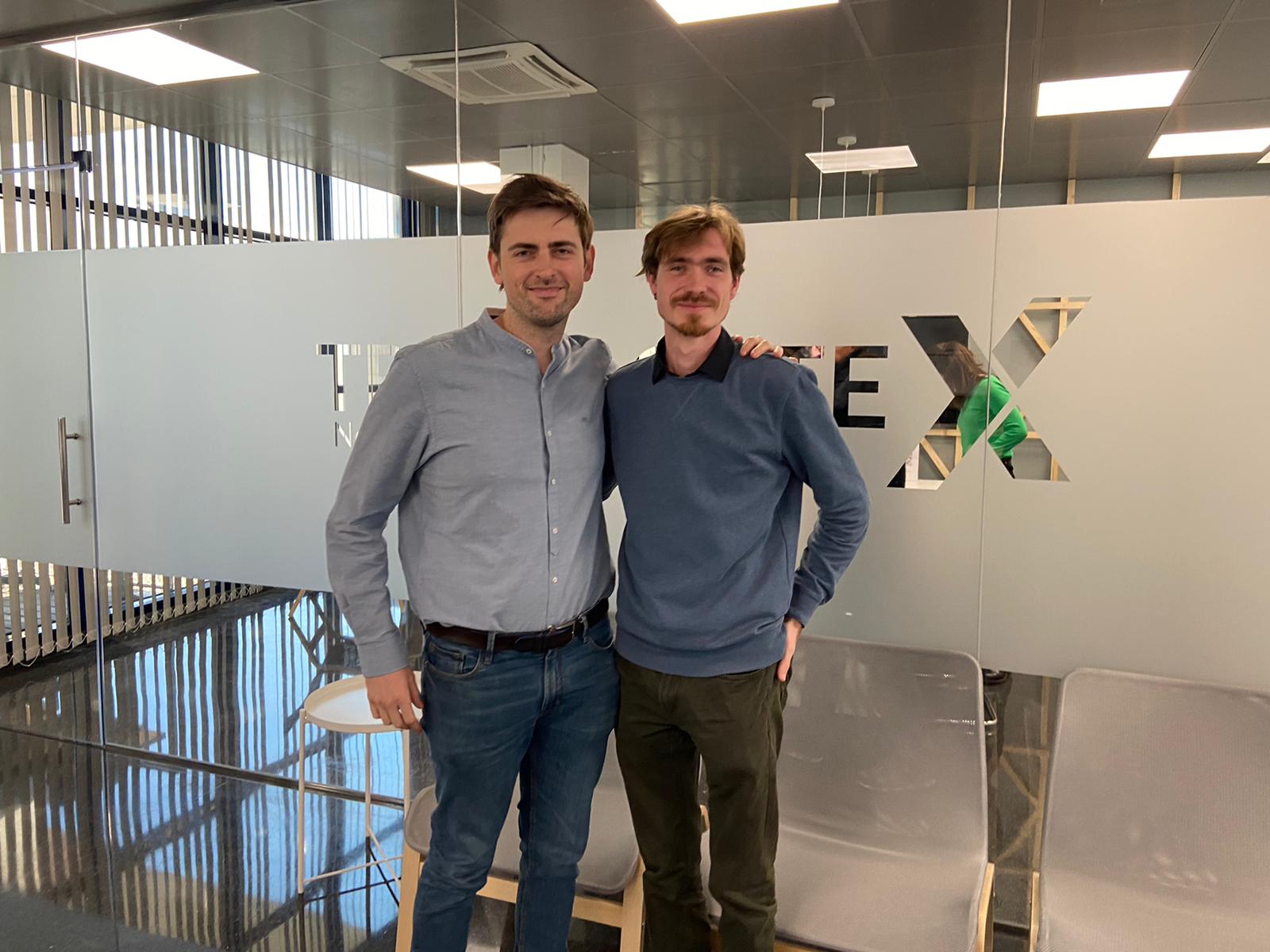Interview with Francesc López, co-founder and COO of Stayforlong
Posted by
Vero

“In the current tourism market, only those with a differentiated value proposal will survive”
Commit strongly and be different, keep looking for the best partners to ensure scaled, secure growth. Stayforlong is a website for hotel bookings, specialising in long stays. It was founded in 2015 and is based in Barcelona. They know what they are talking about: in 2020 it is time to make a difference and be different.
This is what Francesc López explains to us. He is the co-founder and head of operations at Stayforlong and we had the opportunity to sit down with him and have a chat during his visit to TravelgateX. It was a conversation full of important reflections that we would like to share with you.
What is Stayforlong and how many work there at the moment?
Stayforlong is basically an OTA specifically dedicated to longer reservations. Right now, the team consists of 69 people, and 62 of them are based in Barcelona, where the company headquarters are located. We also have a very small team here in Palma.
What is Stayforlong’s goal as a company?
We aim to be a key partner, a specific supplier for our end customer (the hoteliers). Our goal is to provide hoteliers with access to the best kind of travellers, the long-stay tourists. That is, guests who spend at least three days in a hotel.
What challenges will Stayforlong be facing in 2020?
The challenge this year, as it is almost every year, is quite a big one. The main approach we have at the supplier level is to continue increasing the number of bed bank providers to reach a total hotel portfolio of almost one million. On the other hand, we also want to create our own supplier, our own direct hotel portfolio, so that this supplier model can coexist with the other.
How long has Stayforlong been working with TravelgateX and how does it work?
Since Stayforlong wanted to escalate the hiring of bed bank providers, which I think was in the middle of 2018. It was obvious to us that scalability in direct connectivity was a rather imperfect sector in the market and as we started looking, we came across TravelgateX.
TravelgateX allowed us to scale connectivity in a way that no one else was able to offer us. No other way of doing it was as fast. That is why all our connectivity-related activities since then are done through Travelgate.
What aspects of working with TravelgateX would you highlight?
I would highlight two things above all others: the agility and the technical support we receive. The moment you contact a supplier and find out that they use TravelgateX, most of the obstacles are removed.
Would you recommend TravelgateX to other companies in the sector?
Yes, of course. In the end the sector is what you would call ‘a Chinese box’, that is, we all sell and buy from each other. Collaboration between companies on different levels within the industry is so obvious that finding a connector giving you such easy connectivity when you find an interesting partner means that the use of connectors is encouraged, making it easy for everyone.
How was 2019 for the tourism sector, in your opinion?
2019 was clearly a year that will be remembered for the next few years because of the restructuring that took place. We can see that there is a clear tendency towards concentration, affecting different market levels. Google has entered into a strong position as a B2C reference portal, and we can see how the share prices of solid companies like Trivago, Tripadvisor, Booking and Expedia have fallen as a result of Google’s strong entry into the sector. We have seen the bankruptcies of Amoma and Thomas Cook, and I think all this will lead to specialisation in the sector.
Taking this into account, what do you think 2020 will hold for the sector?
Given the context, tourism companies will tend to be much more focused on optimising their business models and look for differentiation. Companies will not try to look for volumes in order to be an important player on the market, instead they will focus on having moderately acceptable volumes but being highly optimised at the level of capital. We will see where it all ends, but I think it clearly demonstrates that the market will concentrate, and only those providing differentiated value will survive, or manage to position themselves.